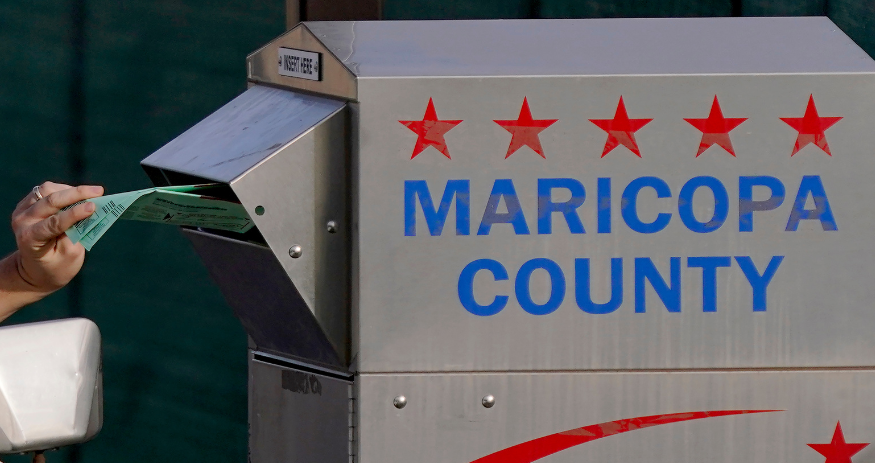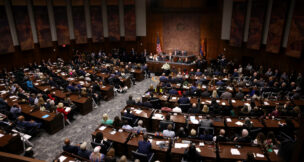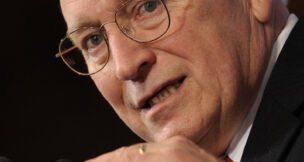From Exclusion to Inclusion: Advocating for Full Voting Rights
Vince Barsolo//September 6, 2024//
From Exclusion to Inclusion: Advocating for Full Voting Rights
Vince Barsolo//September 6, 2024//
Election years are always a time of reflection and action. As the CEO of an organization committed to second-chance employment opportunities, I am frequently asked what message I would convey to Arizona policymakers or anyone advocating for voter restoration.
My response is deeply personal and rooted in nearly three decades of experience working with incarcerated women.
I have witnessed these individuals learn, grow, heal, rebuild their lives, and reenter society as consummate caregivers, community leaders, and businesswomen.
They become productive citizens in every sense of the word. Yet, our government often complicates restoring their voting rights and, in many cases, outright denies them this fundamental right.

The women share with me that this denial is like a relentless echo of being viewed as “less than” by society—a blatant dismissal of all the strides they’ve made.
In Arizona, people on probation, in prison, or on parole are not allowed to vote. First-time offenders can have their voting rights automatically restored once they finish their sentence, as long as they have no outstanding financial obligations to the state. However, for individuals with multiple felony convictions, the process of regaining voting rights is much more challenging, requiring them to go through a complicated court process or obtain a pardon.
This system creates significant barriers to re-engaging these individuals in the democratic process.
Policymakers need to understand the profound impact of voting. It’s not just a civic duty, it’s a crucial step in reintegrating individuals into society. Research consistently shows that those who vote feel more connected to their communities and are less likely to re-offend. Therefore, restoring voting rights is not just about strengthening our democracy—it’s about creating a safer, more inclusive society.
Arizona policymakers must also understand that leveraging this population for political gain is unjust and short-sighted. Elected officials represent all constituents, including those with challenging pasts. By restoring voting rights, they extend a hand to individuals striving to rebuild their lives.
Empathy and understanding play vital roles here. Many individuals re-entering society after incarceration face enormous challenges—from securing employment to reconnecting with family. Voting can provide them with a sense of belonging and purpose. It’s about giving them a voice on issues that affect them directly, allowing them to have a stake in their communities.
For those who have never met someone with a criminal background, I challenge you to confront and reconsider the misconceptions and stigmas associated with men and women who have made mistakes.
These individuals have paid their debt to society and deserve a second chance. Restoring their voting rights acknowledges their humanity and potential to contribute positively to our community.
Ultimately, this issue concerns justice, rehabilitation, and the belief in the capacity for change. Voting should not be a privilege reserved for a select few but a fundamental right accessible to all citizens. By advocating for voter restoration, we are upholding the principles of democracy and paving the way for a more just and inclusive society.
Vince Barsolo is CEO of Televerde, a global leader in B2B demand generation and advocate for second-chance employment.














































